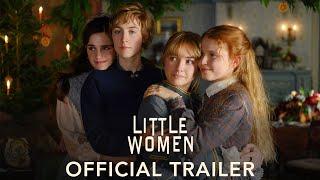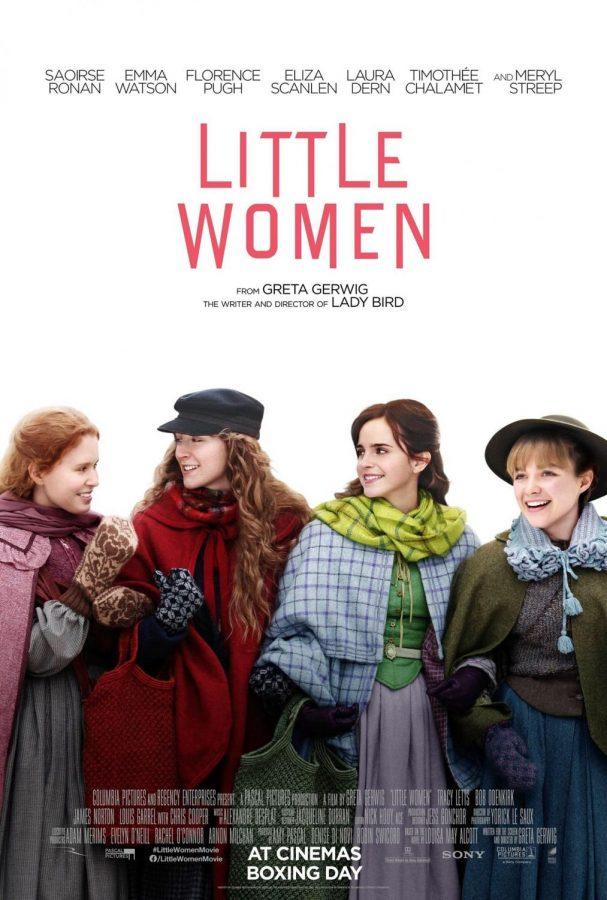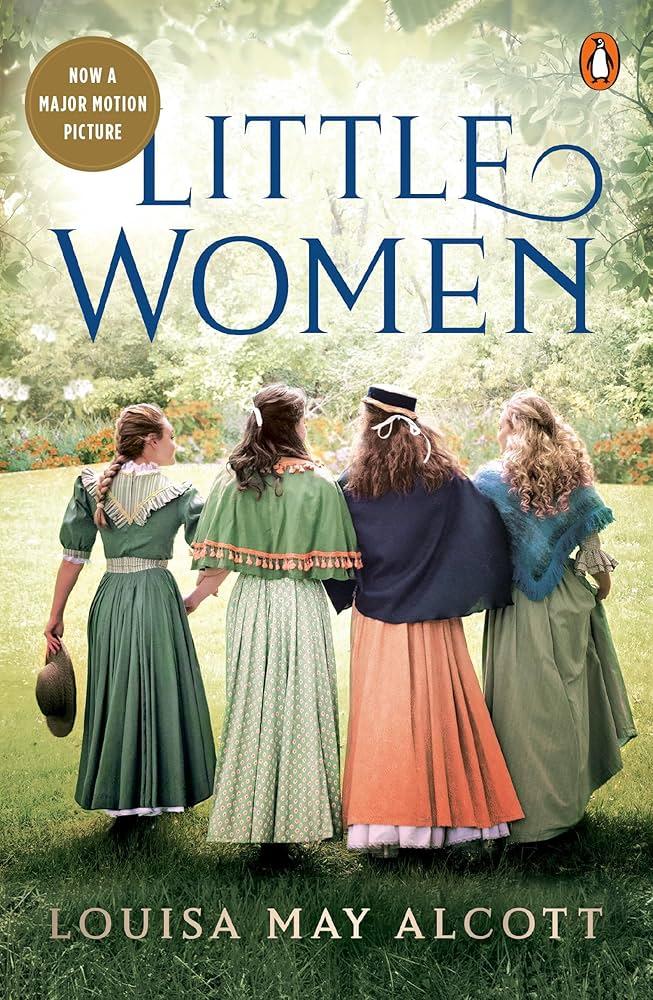In the ever-evolving landscape of literature, certain works persist in capturing the imaginations and hearts of readers across generations. Among these is Louisa May Alcott’s “Little Women,” a novel that has not only endured the test of time but also sparked numerous adaptations and discussions since its publication in 1868. As society undergoes rapid cultural, social, and technological changes, the question arises: does “Little Women” still hold relevance in today’s world? This article seeks to explore the enduring appeal of Alcott’s classic, examining its themes of family, gender roles, and personal growth through a contemporary lens. By analyzing its impact on modern audiences and its reflection of both timeless and evolving societal values, we aim to understand the reasons behind its lasting significance and its place in today’s literary and cultural discourse.
Examining Timeless Themes and Modern Parallels
- Family Dynamics: The bond among the March sisters remains a powerful exploration of familial relationships. Today, the emphasis on family values and sibling support continues to resonate as individuals navigate complex family structures, balancing personal aspirations with collective responsibilities.
- Gender Roles: Alcott’s portrayal of the sisters’ struggles against societal expectations offers a compelling lens through which we can examine contemporary gender issues. The quest for independence and self-expression, embodied by characters like Jo March, mirrors ongoing dialogues about gender equality and women’s rights.
- Economic Challenges: The March family’s financial struggles echo modern concerns about economic disparity and the pursuit of the American Dream. As individuals today face job instability and economic uncertainty, the resilience and resourcefulness displayed by the characters provide timeless lessons.
The novel also draws intriguing parallels with current social movements, such as the push for diversity and inclusion. The characters’ varied aspirations and backgrounds highlight the importance of embracing differences, a theme that aligns with today’s efforts to create more inclusive communities. Furthermore, the notion of personal growth and self-discovery remains a significant theme, encouraging readers to reflect on their journeys in a rapidly changing world.
Analyzing Character Development and Its Impact on Readers
In examining the intricate tapestry of character development within Little Women, one can discern how its enduring appeal lies in the evolution of its characters and the profound impact they have on readers. Each of the March sisters embodies distinct virtues and challenges, offering a multifaceted exploration of femininity, ambition, and personal growth. This nuanced portrayal allows readers to find reflections of themselves in these characters, regardless of the era. Jo March, with her rebellious spirit and literary aspirations, resonates with those who defy societal expectations, while Beth’s quiet strength and resilience in the face of adversity highlight the power of grace and humility.
Moreover, the novel’s focus on the sisters’ relationships with one another and their mother, Marmee, underscores themes of familial love and support that transcend time. Readers often find themselves drawn to the warmth and authenticity of these connections, which offer a comforting sense of universality. Consider the following character aspects that continue to engage audiences:
- Personal Growth: The journey from adolescence to adulthood is portrayed with honesty and depth.
- Individual Aspirations: The pursuit of personal dreams and ambitions remains a relatable theme.
- Complex Relationships: The dynamic interactions among family members and friends mirror real-life complexities.
Through its rich character development, Little Women invites readers to reflect on their own lives, fostering a connection that is both timeless and relevant.

Assessing the Role of Gender and Societal Expectations
In exploring the dynamics of gender and societal expectations within Little Women, one can discern a profound reflection of both the past and present societal norms. The March sisters each embody distinct responses to the constraints and opportunities afforded by their gender. For instance, Jo March’s defiance of traditional feminine roles challenges the notion of what it means to be a woman in her era. Her determination to pursue a writing career, despite societal disapproval, resonates with contemporary discussions about gender equality and personal ambition.
- Jo’s Rebellion: Represents the struggle against restrictive gender roles.
- Meg’s Conformity: Illustrates the pressures to adhere to societal expectations of marriage and domesticity.
- Amy’s Ambition: Highlights the desire for social mobility and recognition.
- Beth’s Acceptance: Embodies the quieter, often overlooked choices of women who embrace traditional roles.
The nuanced portrayal of these characters invites readers to question how much has truly changed. The persistence of these themes in modern discourse underscores the novel’s enduring relevance, prompting reflection on the progress made and the road still ahead in redefining gender roles and societal expectations.

Exploring the Influence of Little Women on Contemporary Literature
- Character Development: Louisa May Alcott’s “Little Women” has left an indelible mark on contemporary literature through its nuanced portrayal of female characters. Modern authors often draw inspiration from Alcott’s exploration of individual growth, family dynamics, and societal roles, crafting stories that resonate with today’s readers by presenting complex, relatable protagonists.
- Themes of Feminism and Independence: Alcott’s work is a precursor to feminist literature, emphasizing themes of independence and self-identity. Contemporary narratives frequently echo these motifs, reflecting on the balance between personal aspirations and societal expectations. By examining how these themes are woven into today’s literary fabric, we can see the enduring impact of “Little Women” on modern storytelling.
